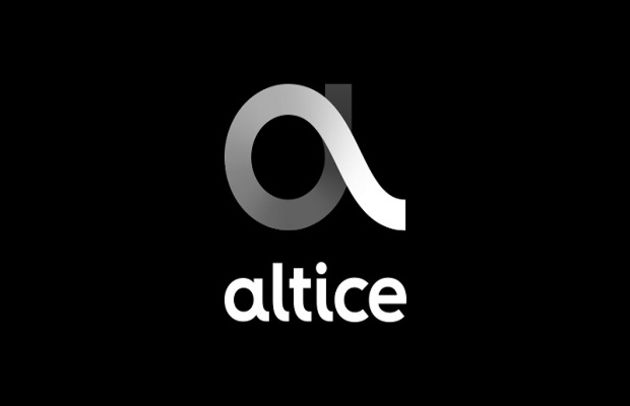Communication operation launched for the billionaire and owner of Altice France, Patrick Drahi. The latter is back on the front of the stage to reassure and distance himself from his former right-hand man, Armando Pereira, entangled in a corruption affair.
Portuguese justice accuses the 30-year-old business partner of Drahi, but also other Altice executives, of overbilling at the expense of the company and the tax authorities. The damage is estimated at several hundred million euros.
A group built on debt
“I feel betrayed and cheated by a small group of individuals,” reacted Patrick Drahi. However, this is not the only front on which the boss must fight. The scandal indeed helps to put the spotlight back on the group’s indebtedness.
Altice France has a debt of nearly 24 billion euros, an increase of more than 200 million euros. However, the rise in interest rates makes it even more difficult to manage this debt and worries investors.
In 2024, Altice will have to pay 1.6 billion euros in respect of this debt. During his speeches this week, Patrick Drahi therefore tried to allay fears. To this end, it makes deleveraging an absolute priority.
Priority, it is ultimately above all an obligation for Altice. However, SFR’s quarterly results may complicate the message launched by its owner. During the period, turnover fell by 2.6% to 2.77 billion euros.
SFR loses mobile subscribers
All the activities of the telecom operator are oriented downwards. Fixed-line loses 3.5% of turnover. On mobile, the decline was 1.6% and 2.3% on professional services. On the media activity, the operating result collapsed by 16% over one year.
On the fixed side, thanks to fibre, SFR has gained 243,000 subscribers since the start of the year. On the mobile, however, the hemorrhage continues with 250,000 subscribers less. Its competitors are on the contrary growing.
It is therefore in this unfavorable context that Altice has undertaken to reduce its debt ratio to more acceptable levels in the medium term. As Le Figaro points out, the promise is not new. This reduction was already promised in 2020 and 2021.
To make it a reality, Patrick Drahi cites several priority levers, including the reduction of internal costs, the possible sale of non-strategic assets or even the purchase of debt.
